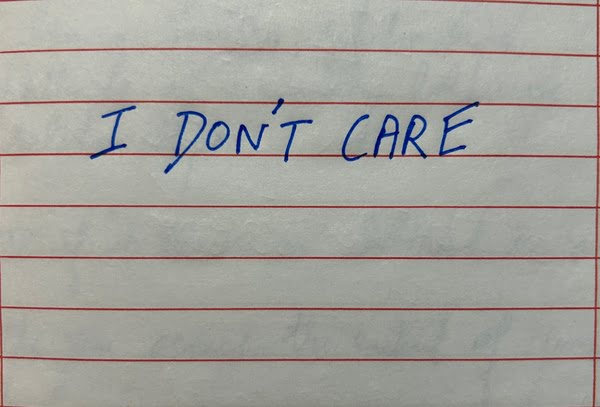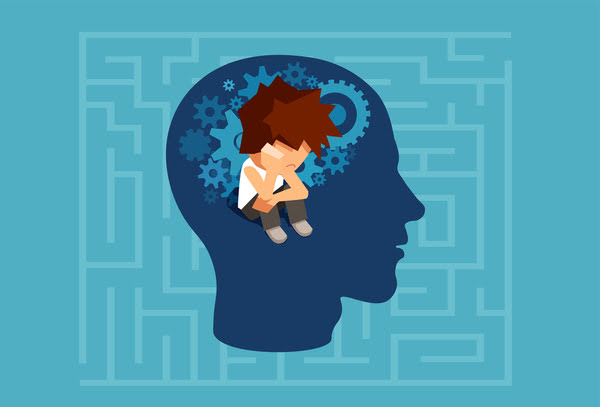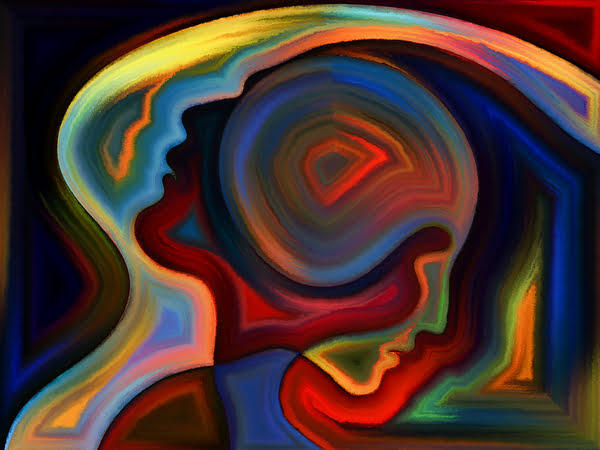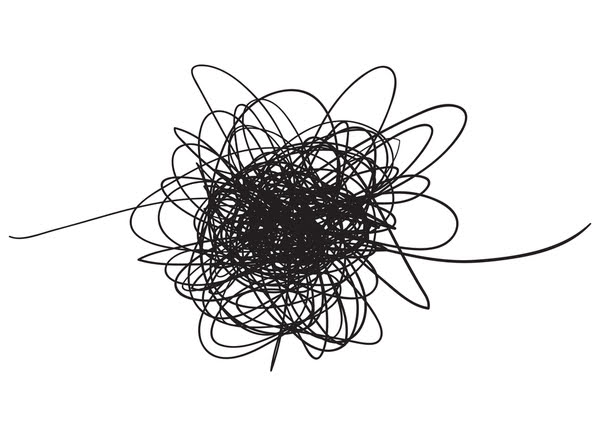Anhedonia vs Apathy: 5 Key differences
Anhedonia is a reduced ability or inability to derive pleasure from activities from which you previously derived pleasure. It has two main types: 1. Physical anhedonia It’s the inability to derive pleasure from stimulating one or more of the five senses. For example, you may no longer find foods pleasurable that you previously found pleasurable.









